How to Grow Spring Onions from Seed
The following two lists shows what tools and equipment I used to grow the Spring Onions. Not all are strictly necessary but they are listed for completeness. For example - you would only need a heated mat if you had nowhere warm to germinate the seeds - or you can simply use string in place of a line marker - or you can use re-cycled pots from last year if you have them.
This site is reader supported and as such external links may earn us a commission. As an Amazon Affiliate we earn from qualifying purchases but at no cost to you the reader.
Things You Will Need to Grow Spring Onions
Tools You Will Need to Grow Spring Onions
- Garden Line Marker
- Garden Trowel
- Heated Mat
- Garden Spade
- Garden Digging Fork
- Garden Rake
- Watering Can
Step by Step Guide
If you want a quick overview then I suggest you first watch my Youtube Video How to Grow Spring Onions from Seed . The following steps are also in the video but more detail is given in the sections below:
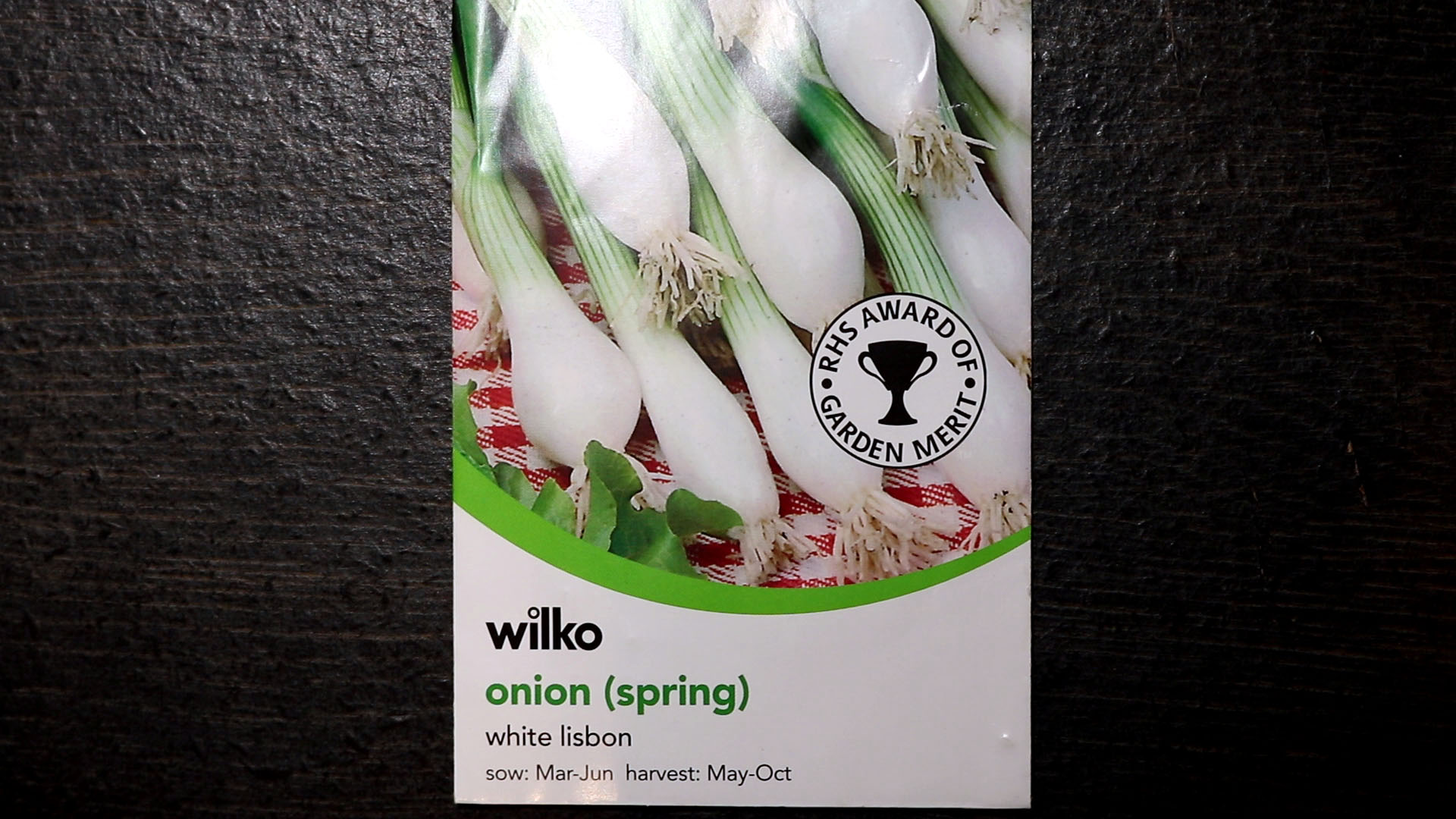
Step 1. Buy Some Seeds
Spring Onion Seeds are available in Garden Stores or you can buy them on-line.
The variety that I am showing you how to grow here is called 'White Lisbon'.
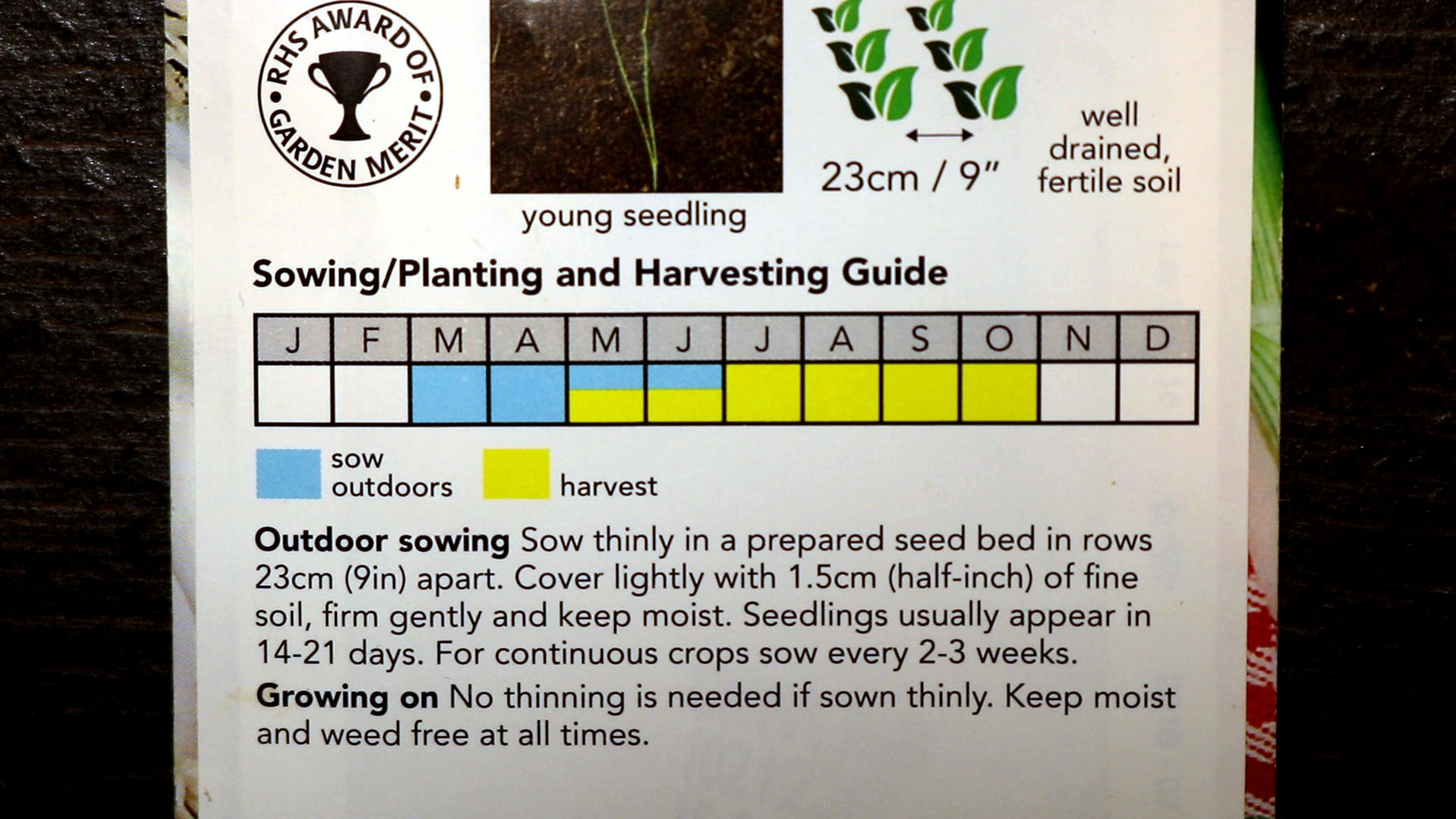
On the rear of the packet are usually shown growing times and instructions for your region.
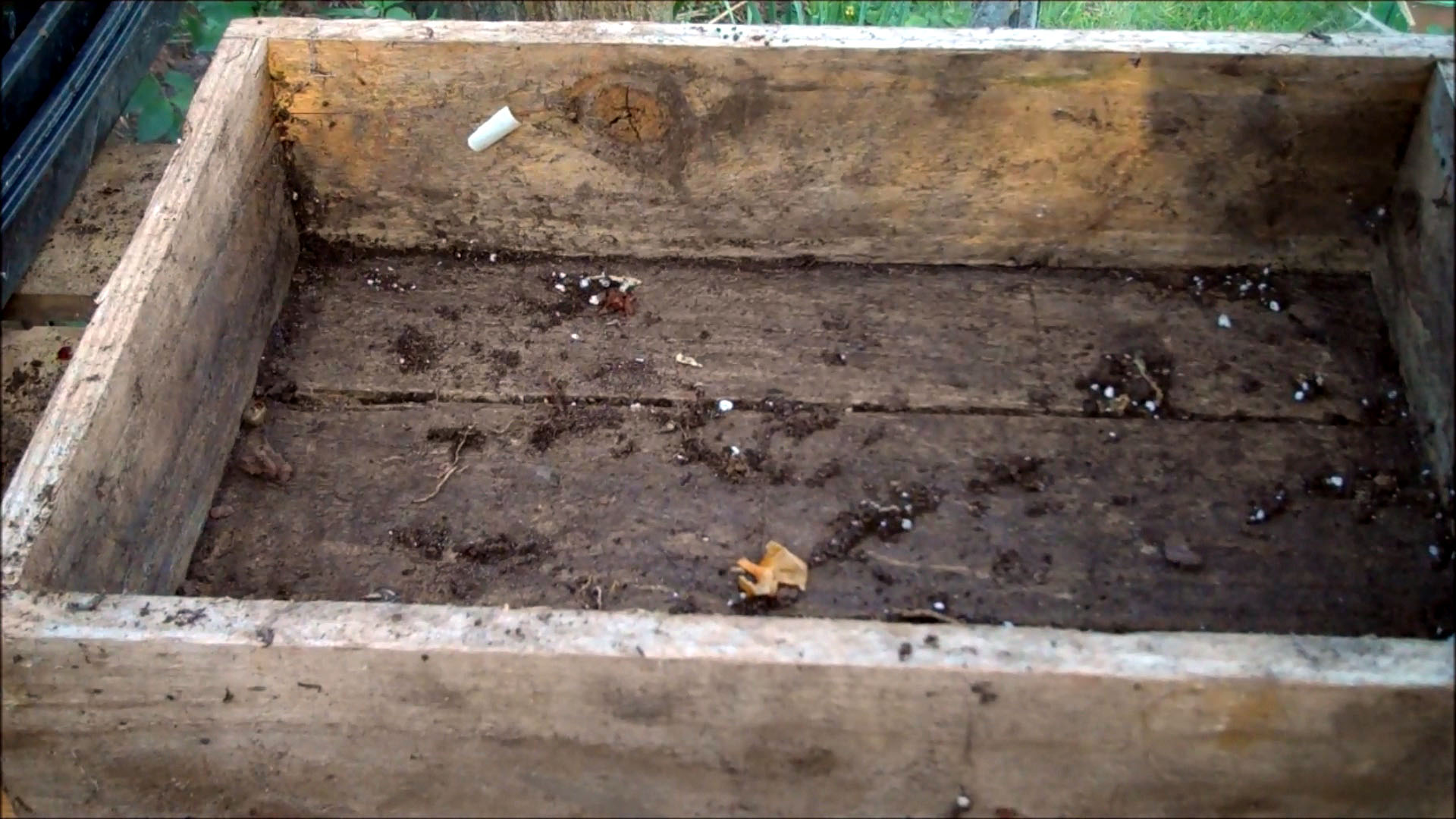
Step 2: Get A Seed Tray
You can either buy a Seed Tray
or make your own. The one in the photo is made from pieces of wood cut
from an old pallet. I have been using it for many years now.
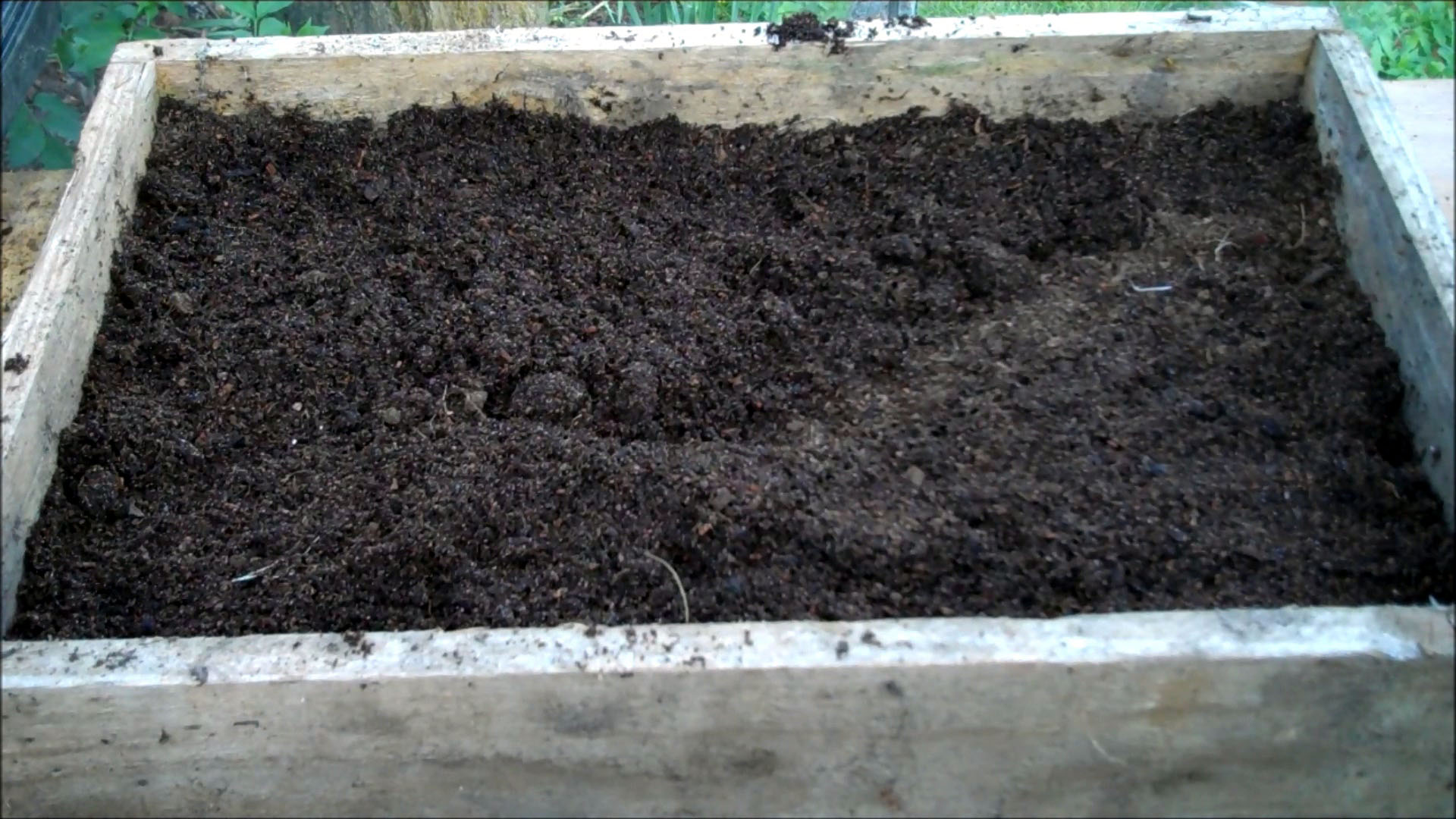
Step 3: Fill the Seed Tray with Compost
Fill the Seed Tray with
Compost
up to about 12mm (1/2 inch) from the top.
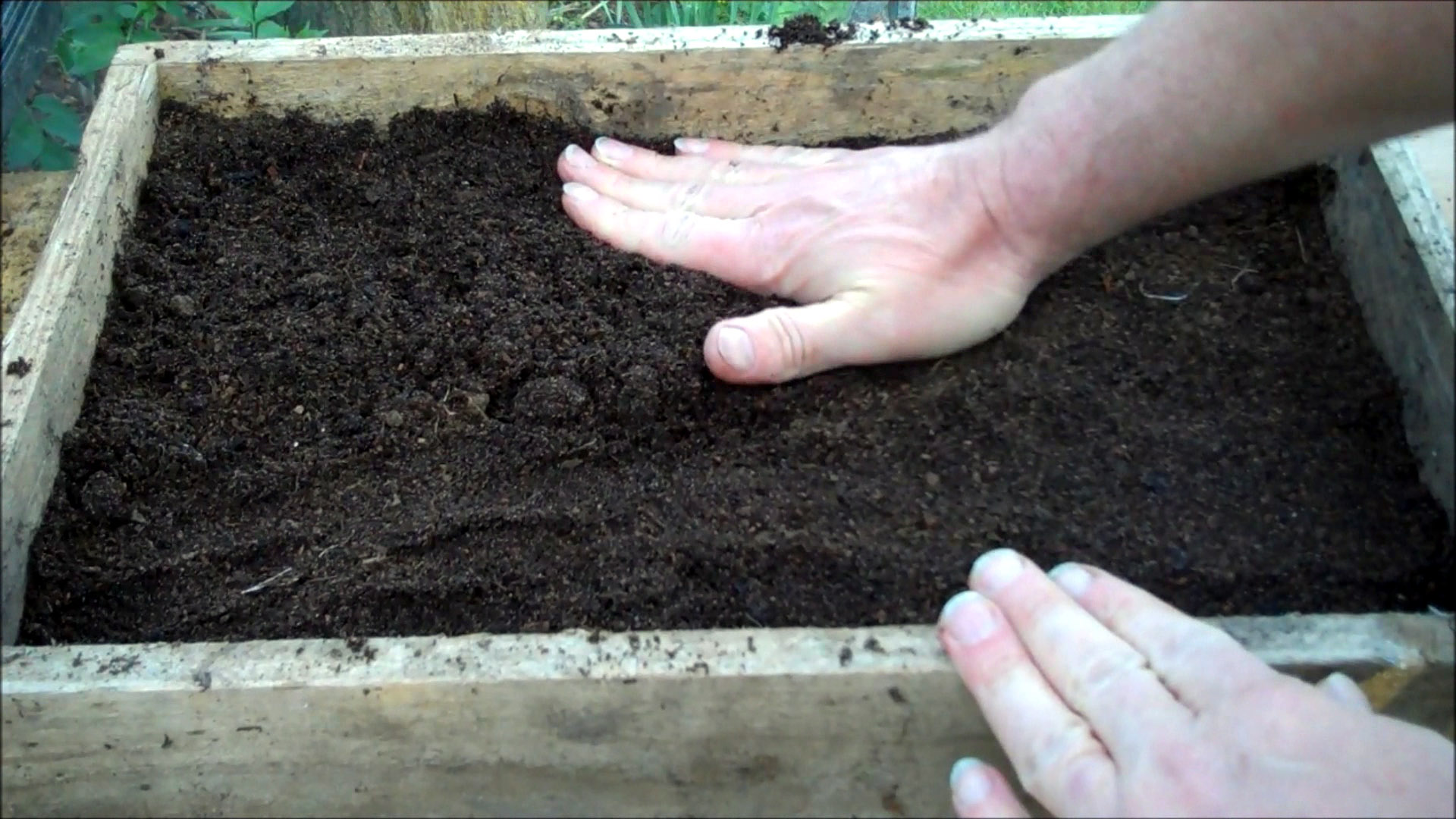
Press the compost down first to remove any air pockets.
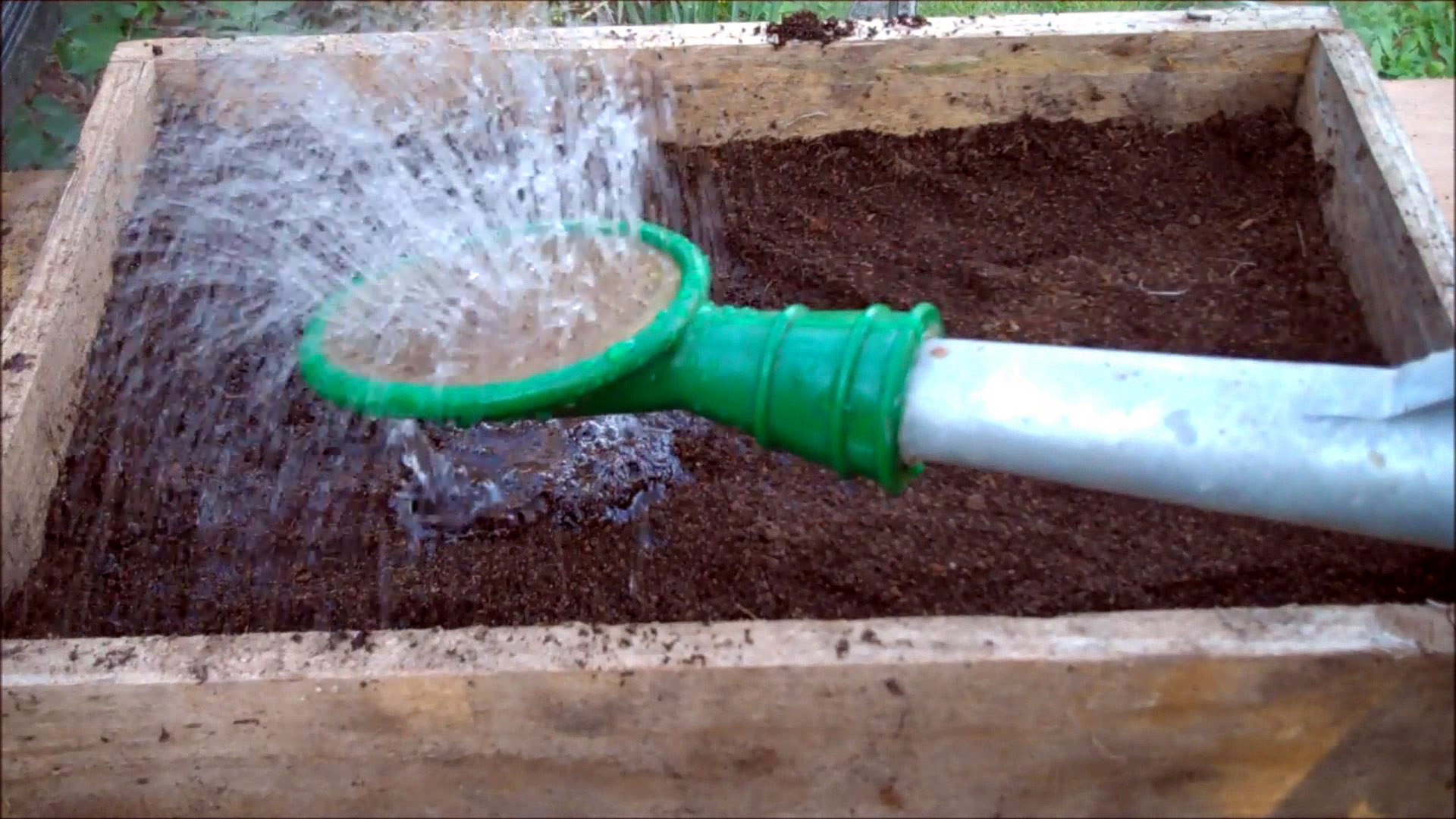
Step 4: Water the Compost
Seeds need air, heat and water to germinate. It is best to moisten the compost before adding the seeds otherwise they can all be washed to the edges of the tray if you water afterwards.
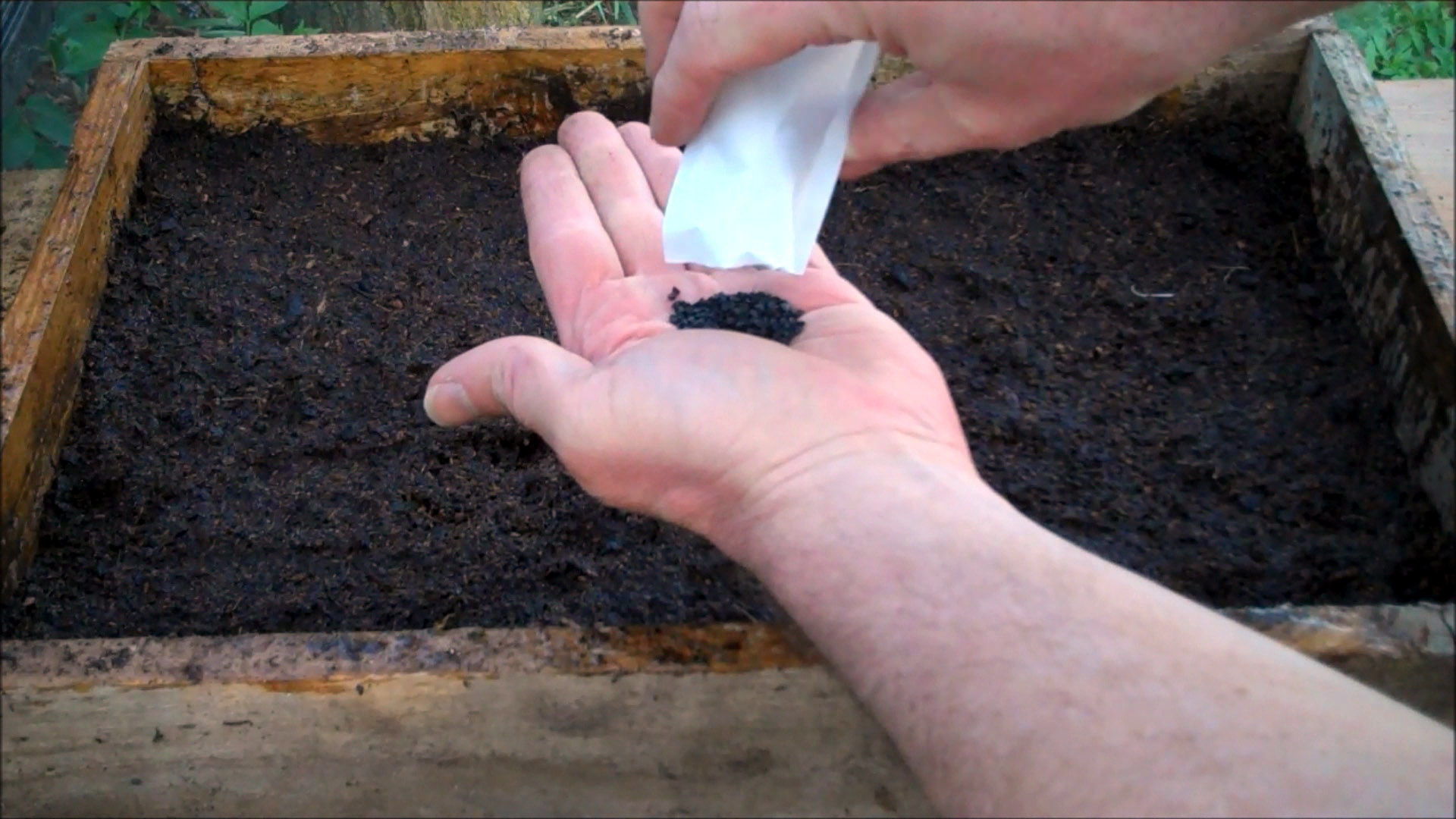
Step 5: Sprinkle the Seeds on to the Compost
Sprinkle the seeds on top of the compost.
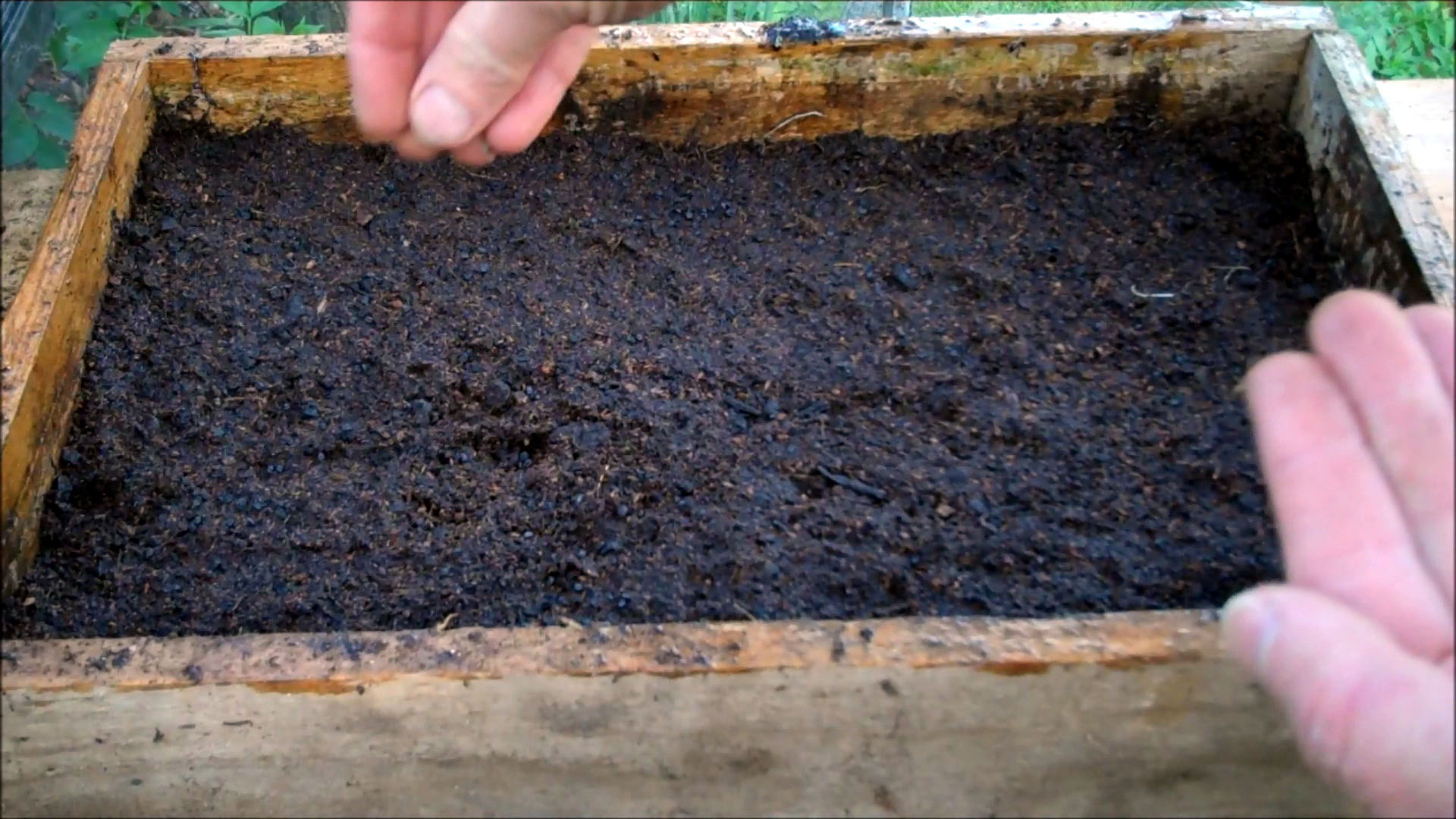
The seeds are quite small so try to spread them as evenly as you can across the surface.
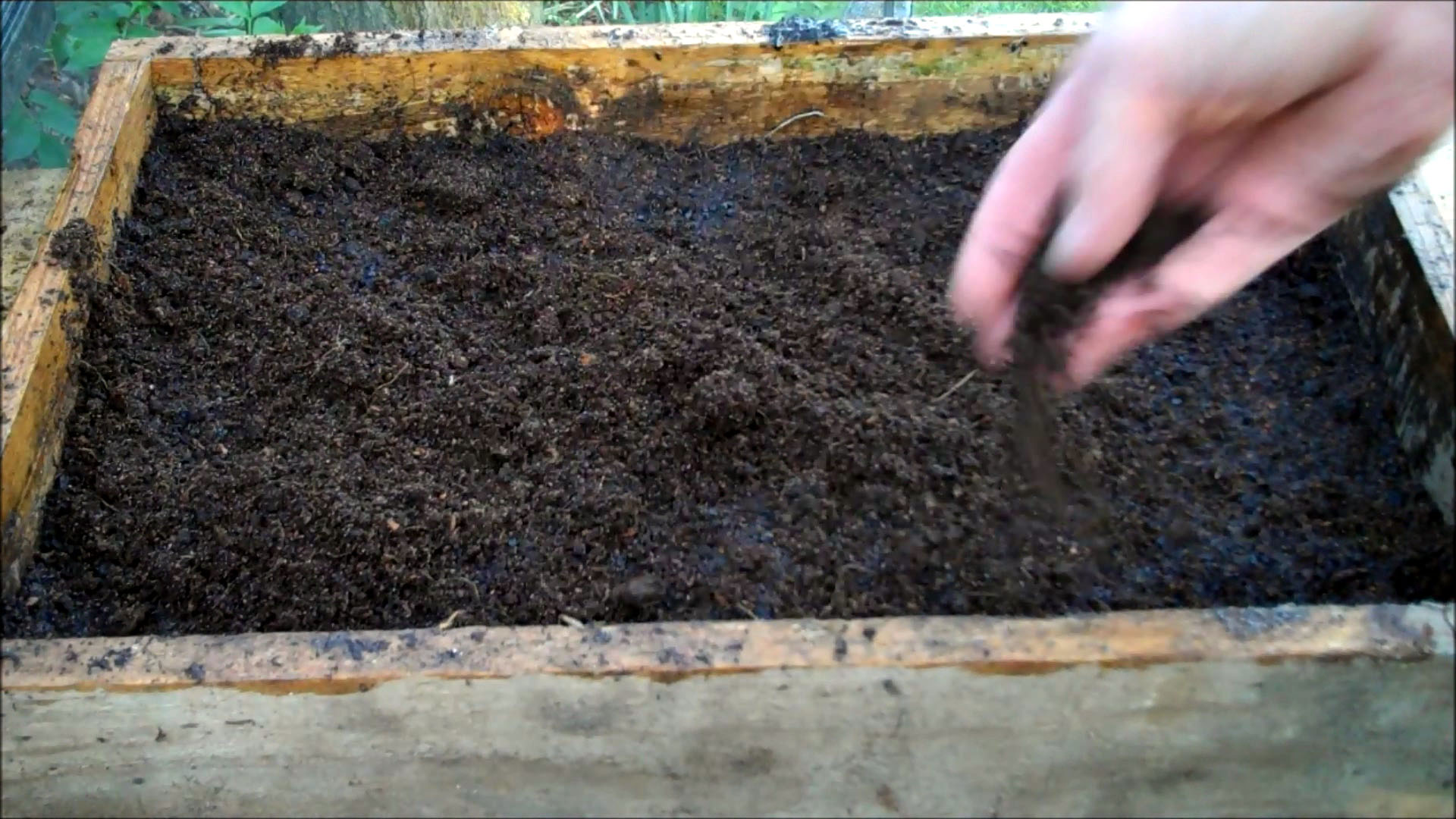
Step 6: Cover the Seeds with Compost
Cover the seeds with 10mm (1/4 inch) of compost. Press the compost down gently to remove any air pockets. This allows the seeds to make contact with the moist compost and absorb water which they need to germinate.
Keep in a warm place and keep moist. If you dont have a warm room you
can buy a Heated Mat that goes under the
tray.
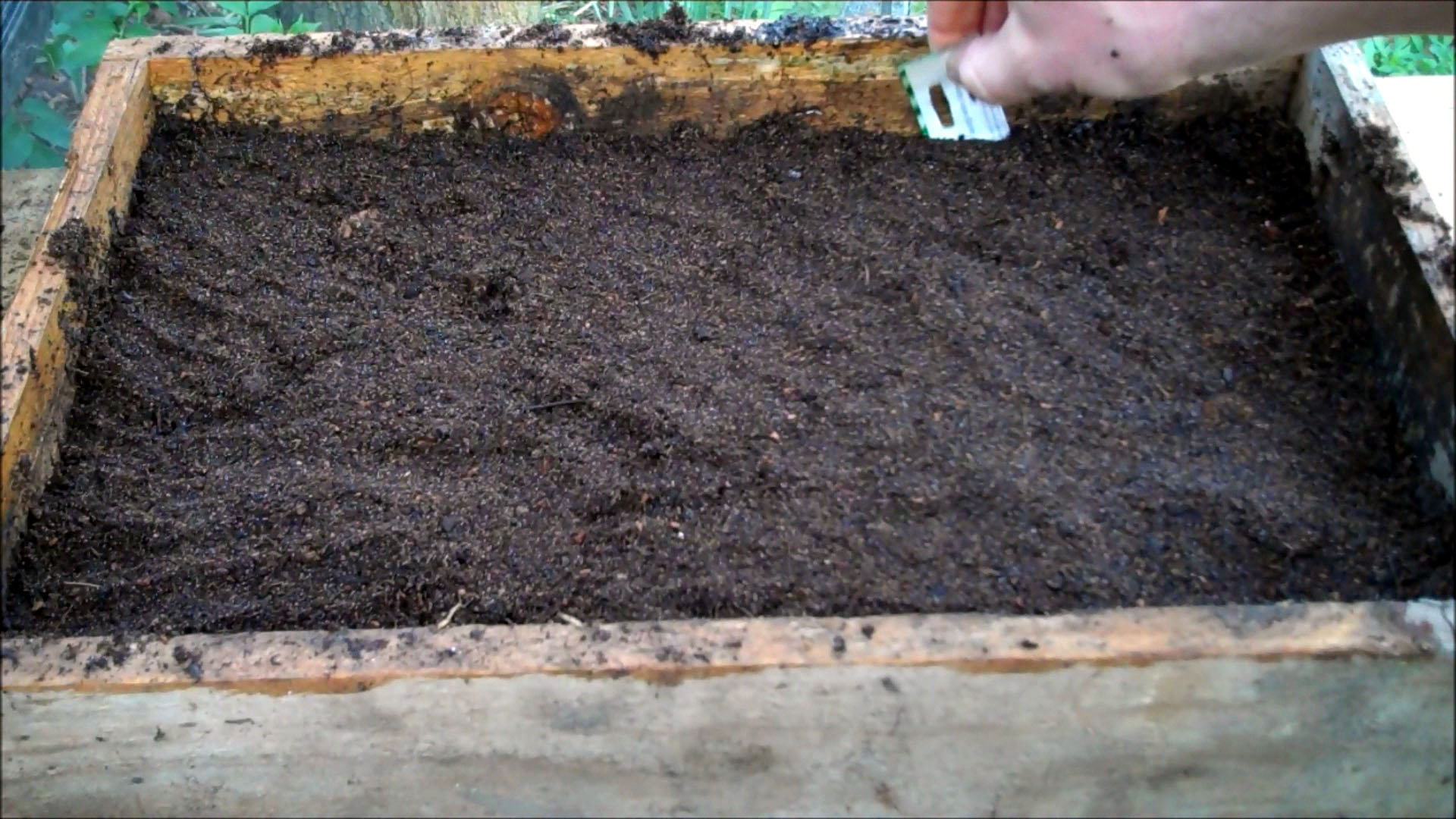
Step 7: Fit a Label
This is important, especially so if you have several Trays growing lots of plants. It can be several weeks until the seeds germinate and when they do it is not obvious what plants they are. So it is a good idea to identify them.
I use home made labels - sometimes from laminated paper and sometimes
from wooden stirrers from coffee shops. You can also buy ready made Labels if
you prefer.
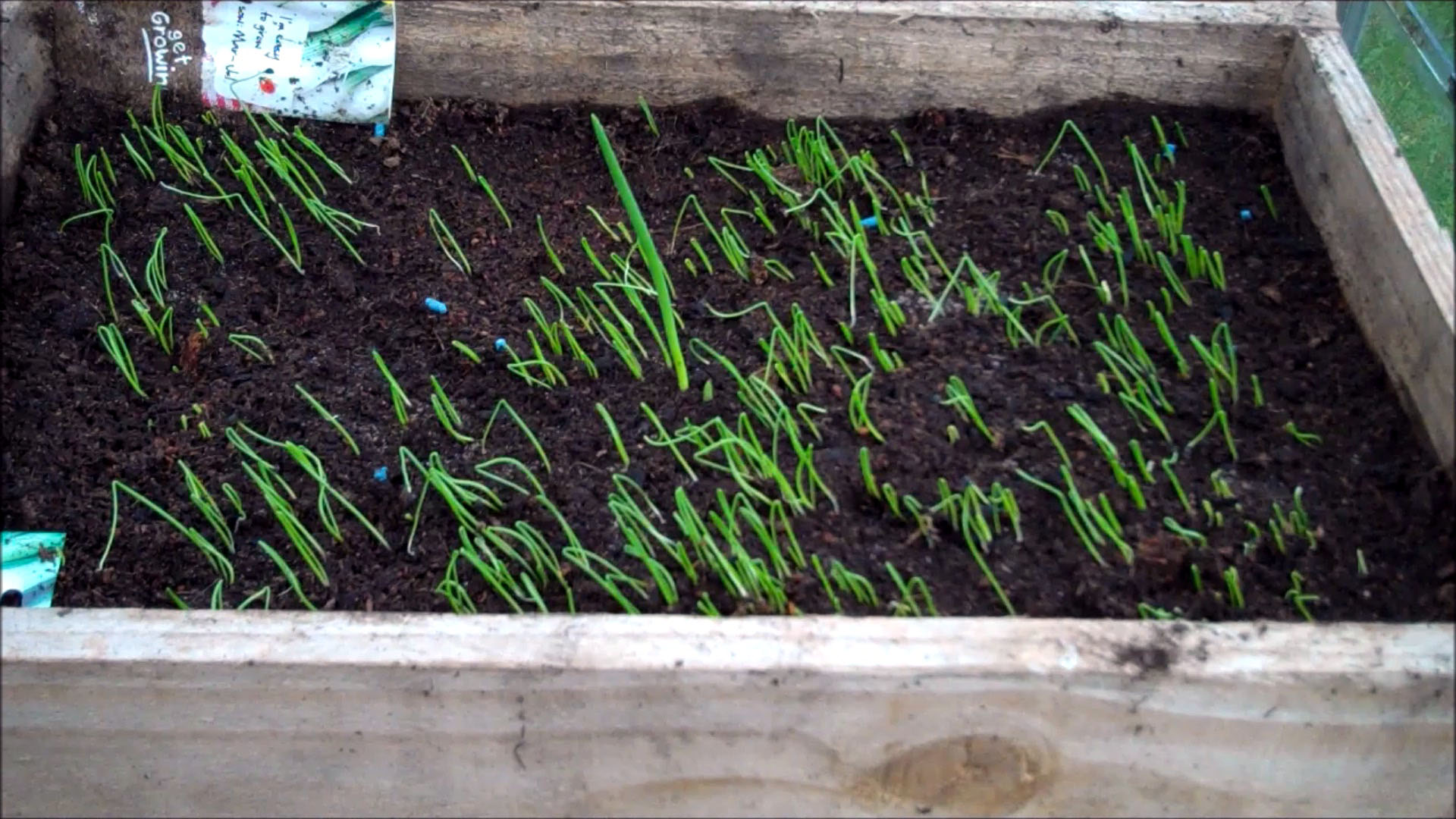
Step 8: Seeds Germinate
Within 14 to 28 days the seeds will germinate. Kepp warm and watered.
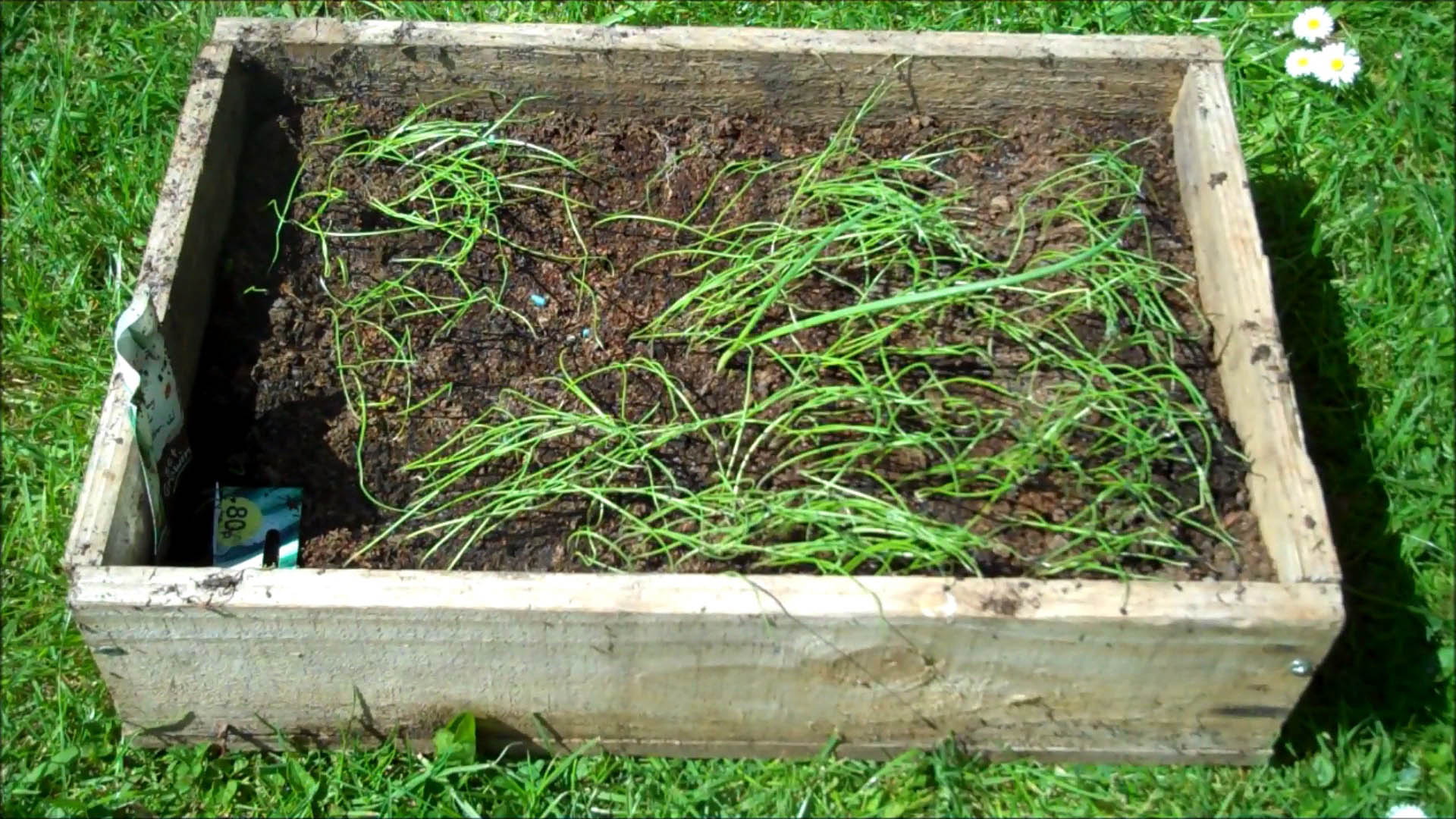
Step 9: Plant Outside
When the plants are about 75mm (3 inches) high it is time to plant them outside.
First give the tray a good watering. This makes them easier to dig out and helps them during the transplanting process.
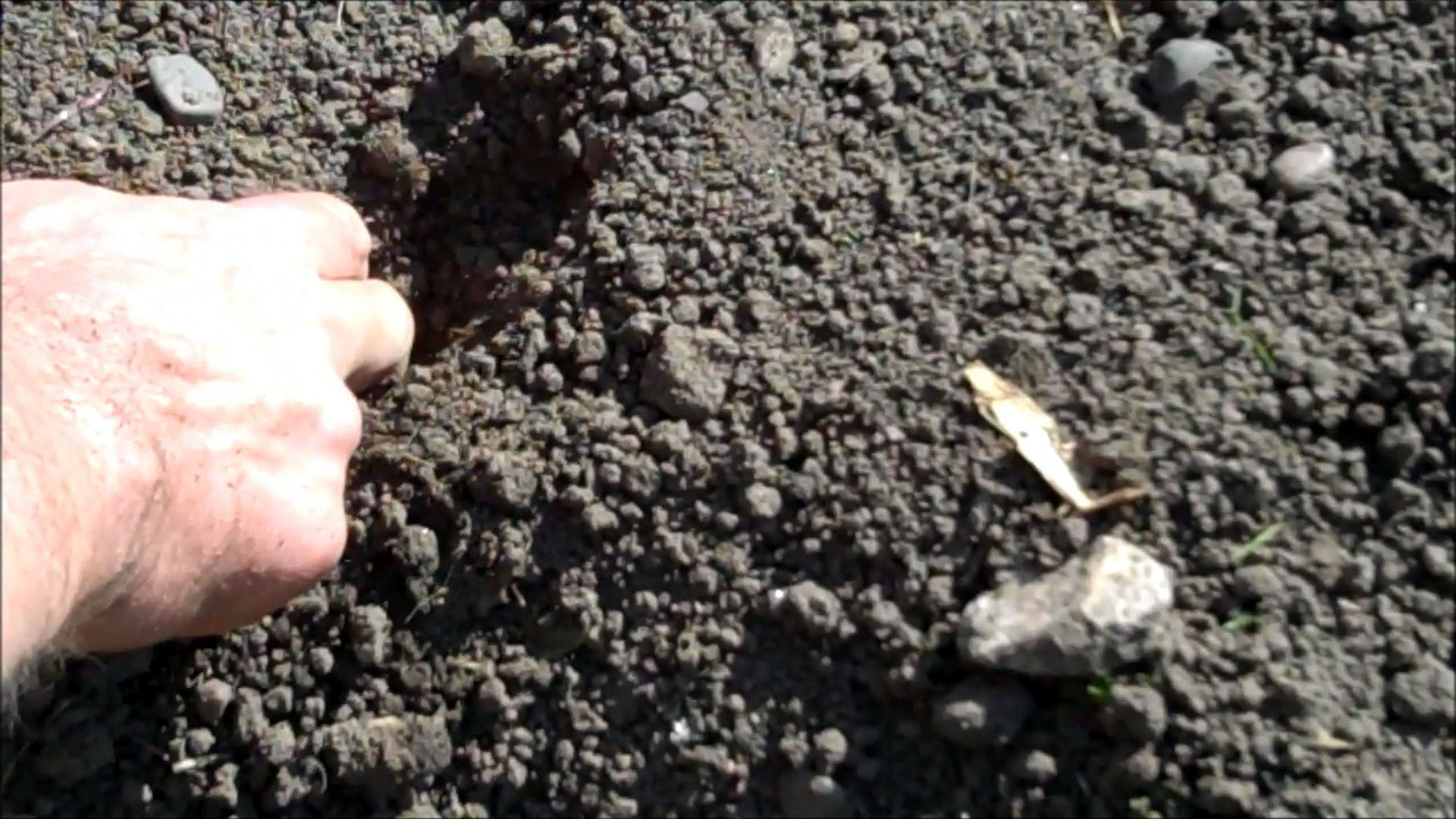
Mark a line where you want to position the plants with a length of
string or use a Garden Line Marker.
Then dig a small hole using a Hand Trowel.
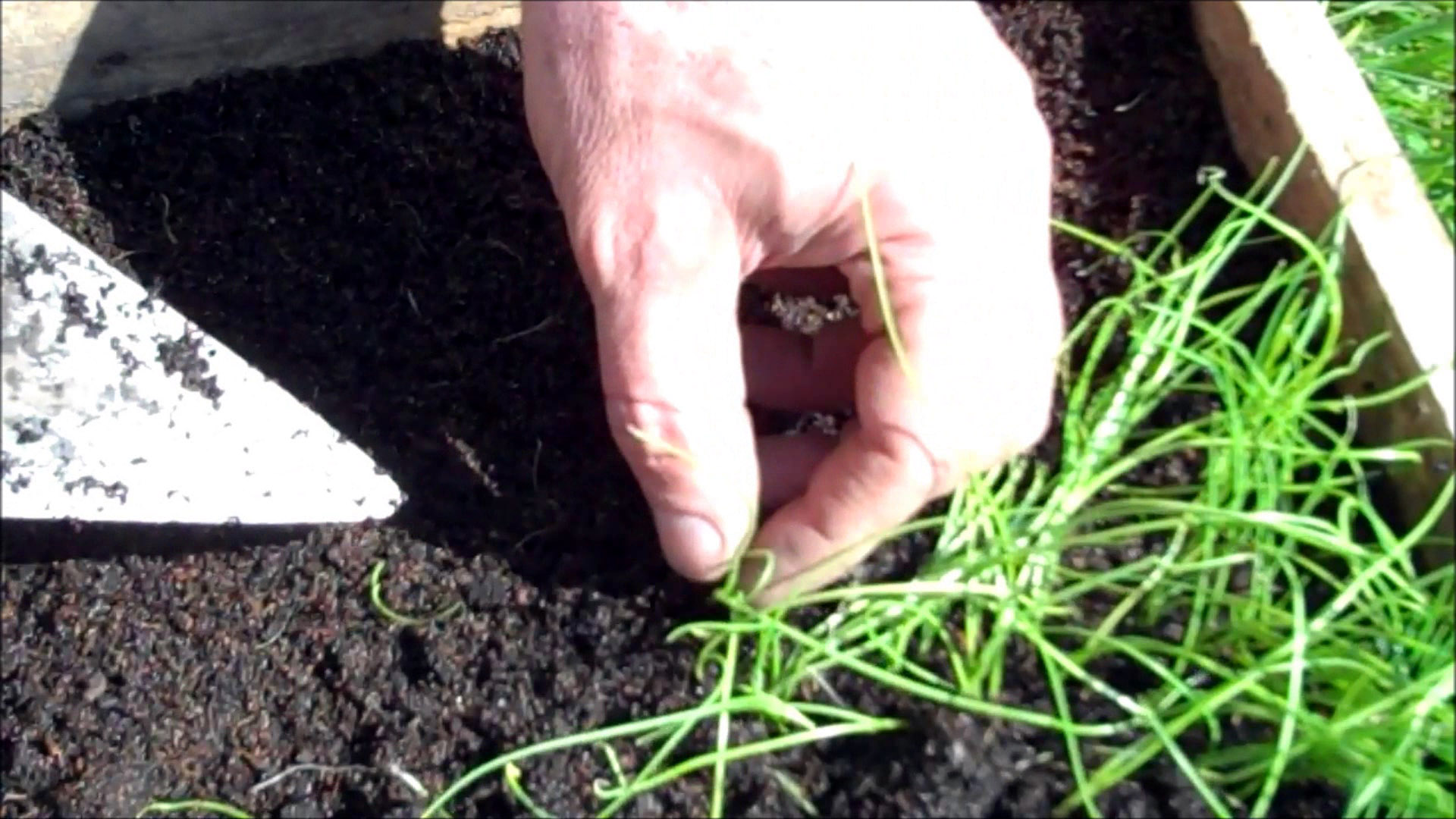
Hold the onion by its leaves and carefully remove it from the seed tray. If its roots tangle with other plants in the tray then gently tease them apart.
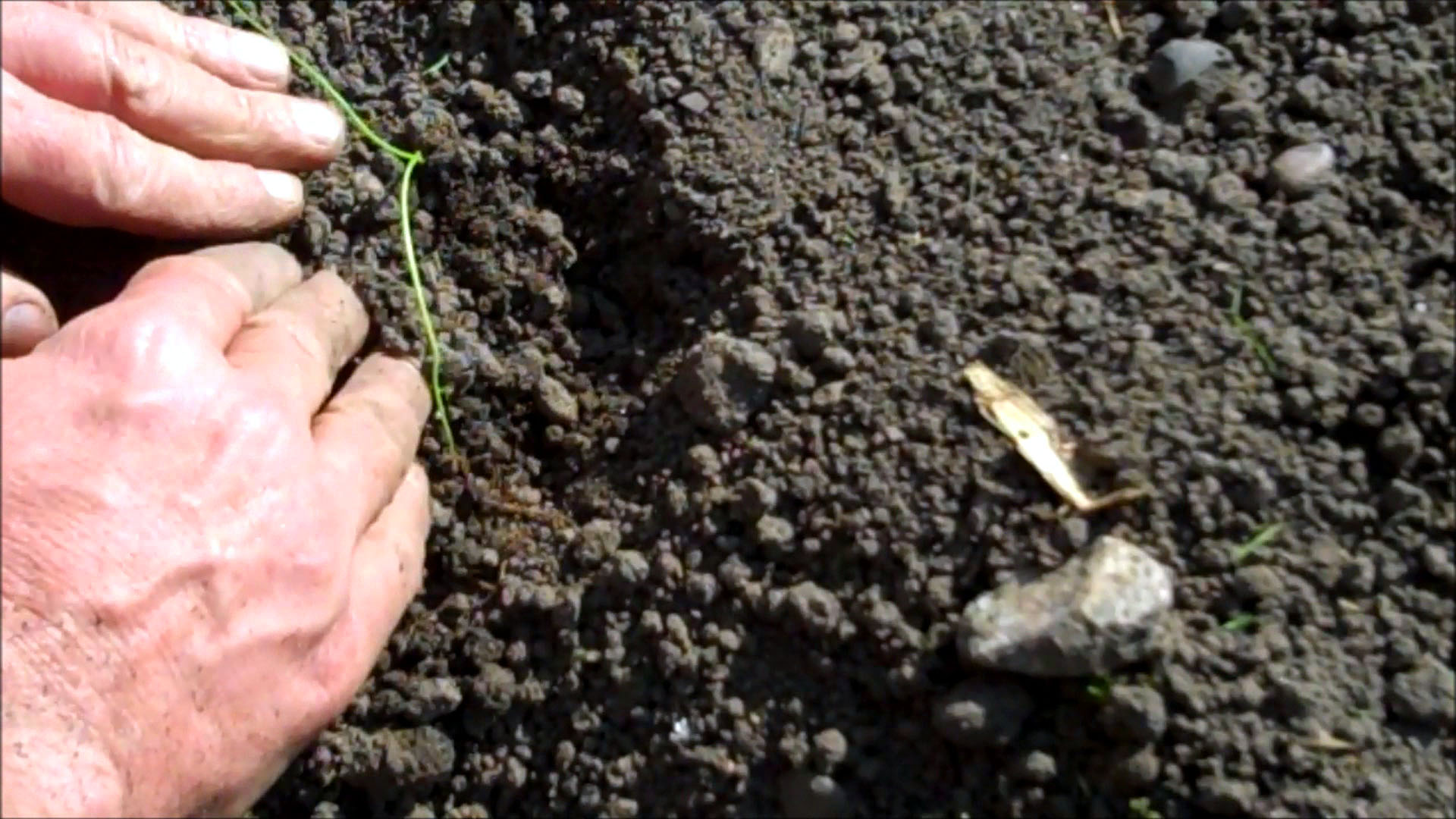
Place the roots in the hole and gently press soil around them.
The onions should be spaced 2 finger widths apart. Each row should be 23cm (9 inches) apart.
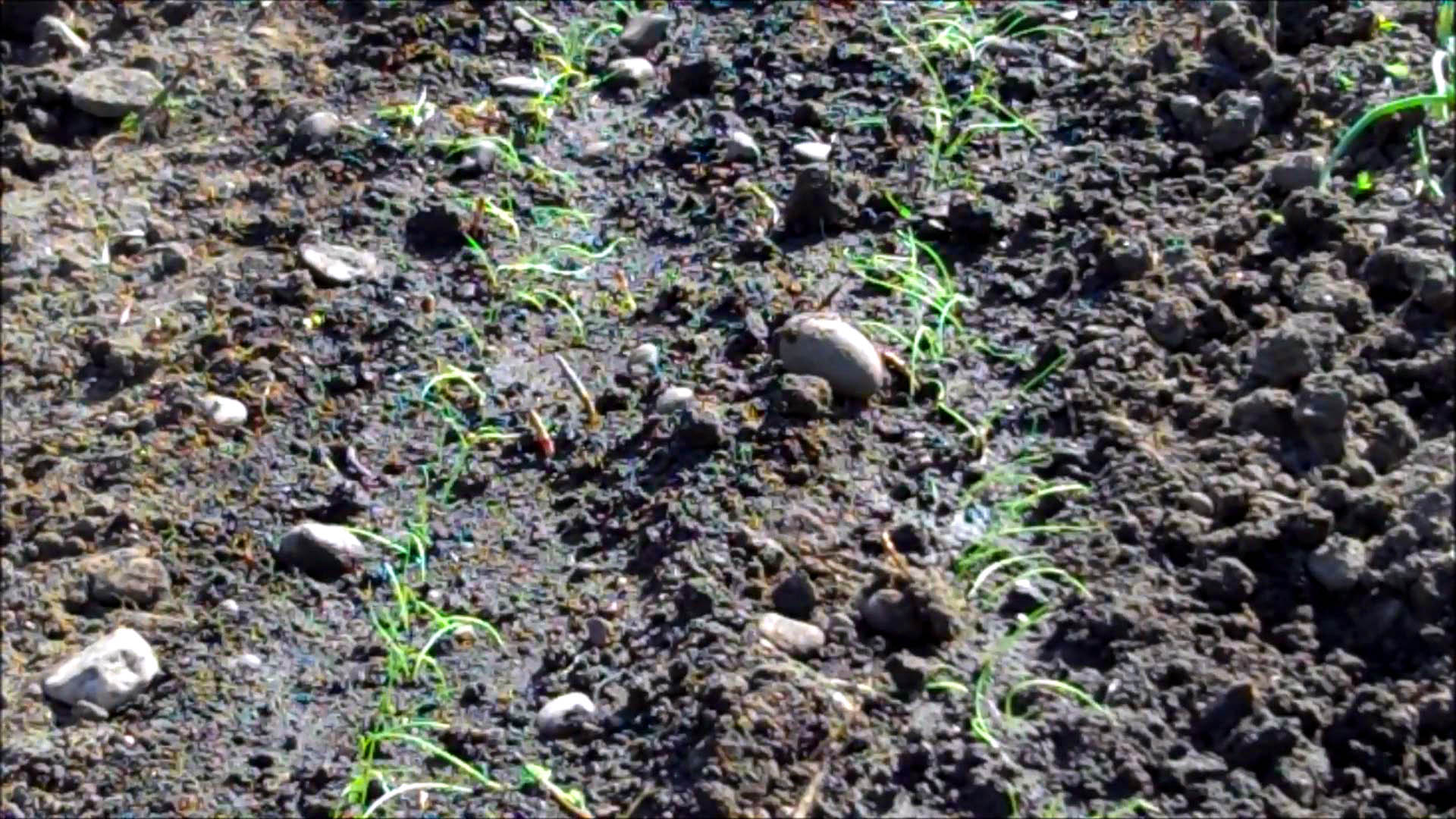
Give the plants a good soaking to establish them into position. Dont worry if the plant look limp in the first few days. Keep watering and they will quickly recover.
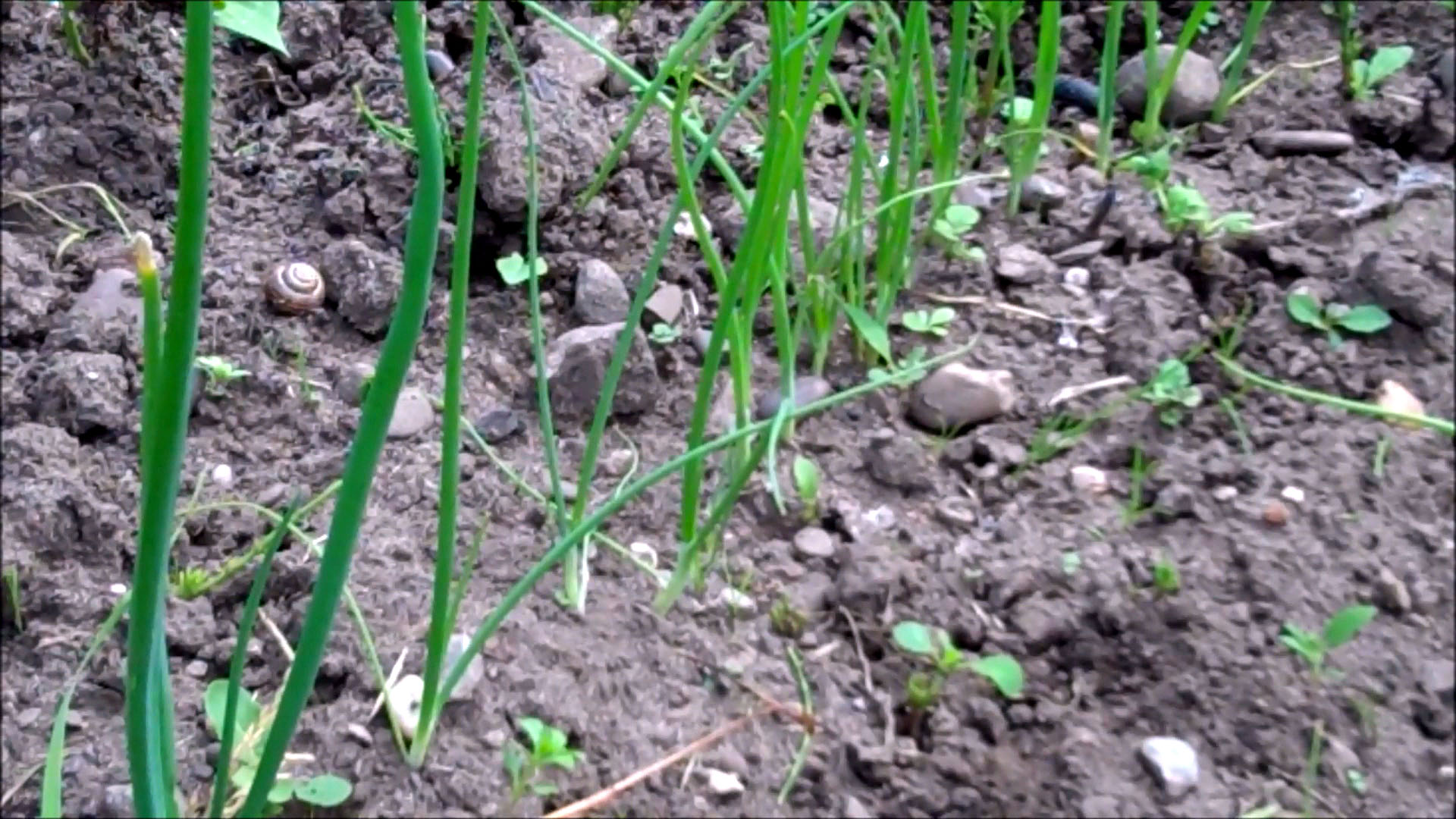
Step 10: Keep Weed free and Watered
Keep weed free and watered and the plants will slowly mature.
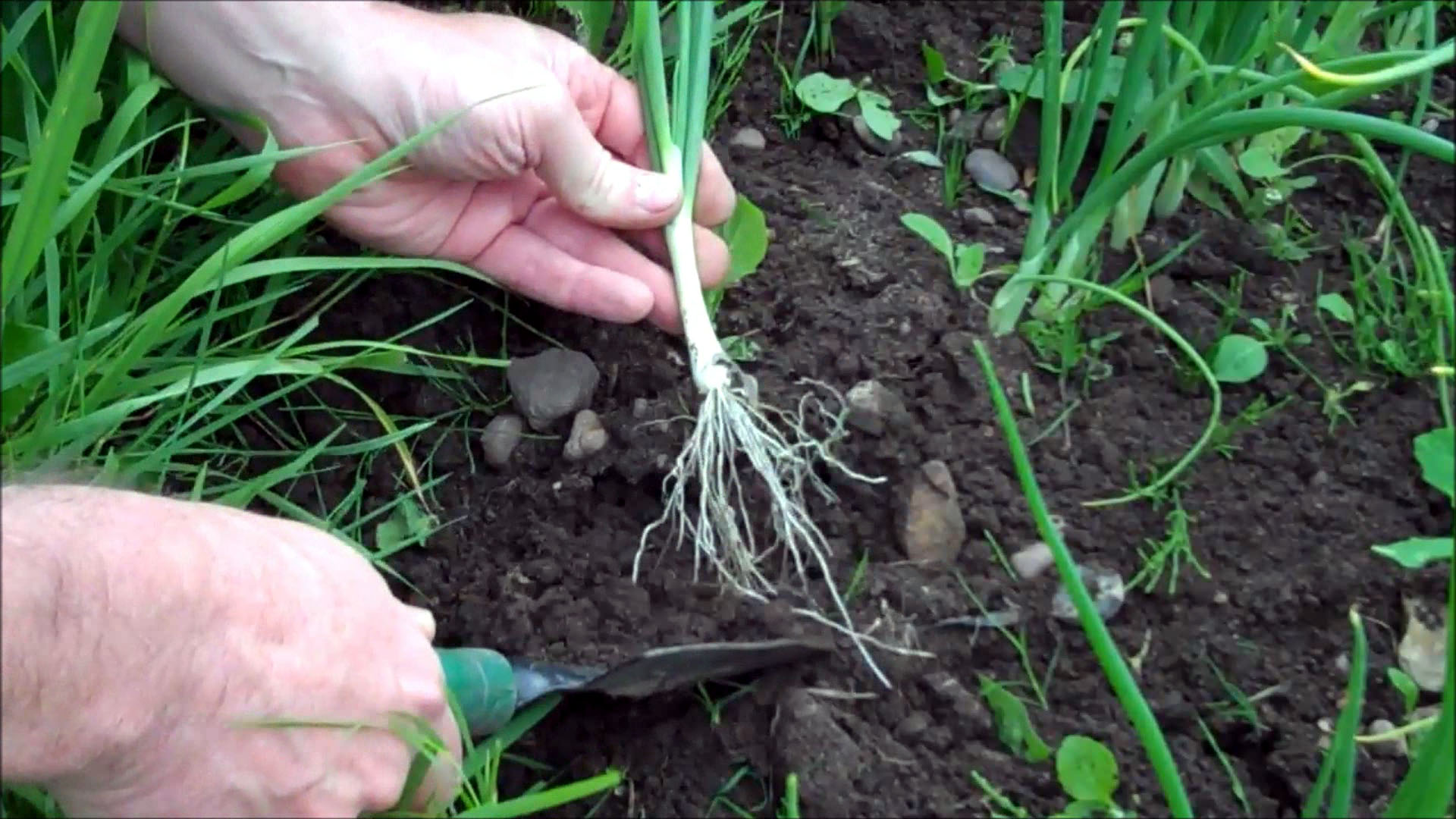
Step 11: Harvest
You can check the size of the onions by scraping back a little soil around the root. Replace it afterwards to discourage diseases and pests.
To harvest the onion loosen the soil slightly and pull it out of the ground.
Harvest every second onion as the extra space will encourage those left in the ground to grow bigger.
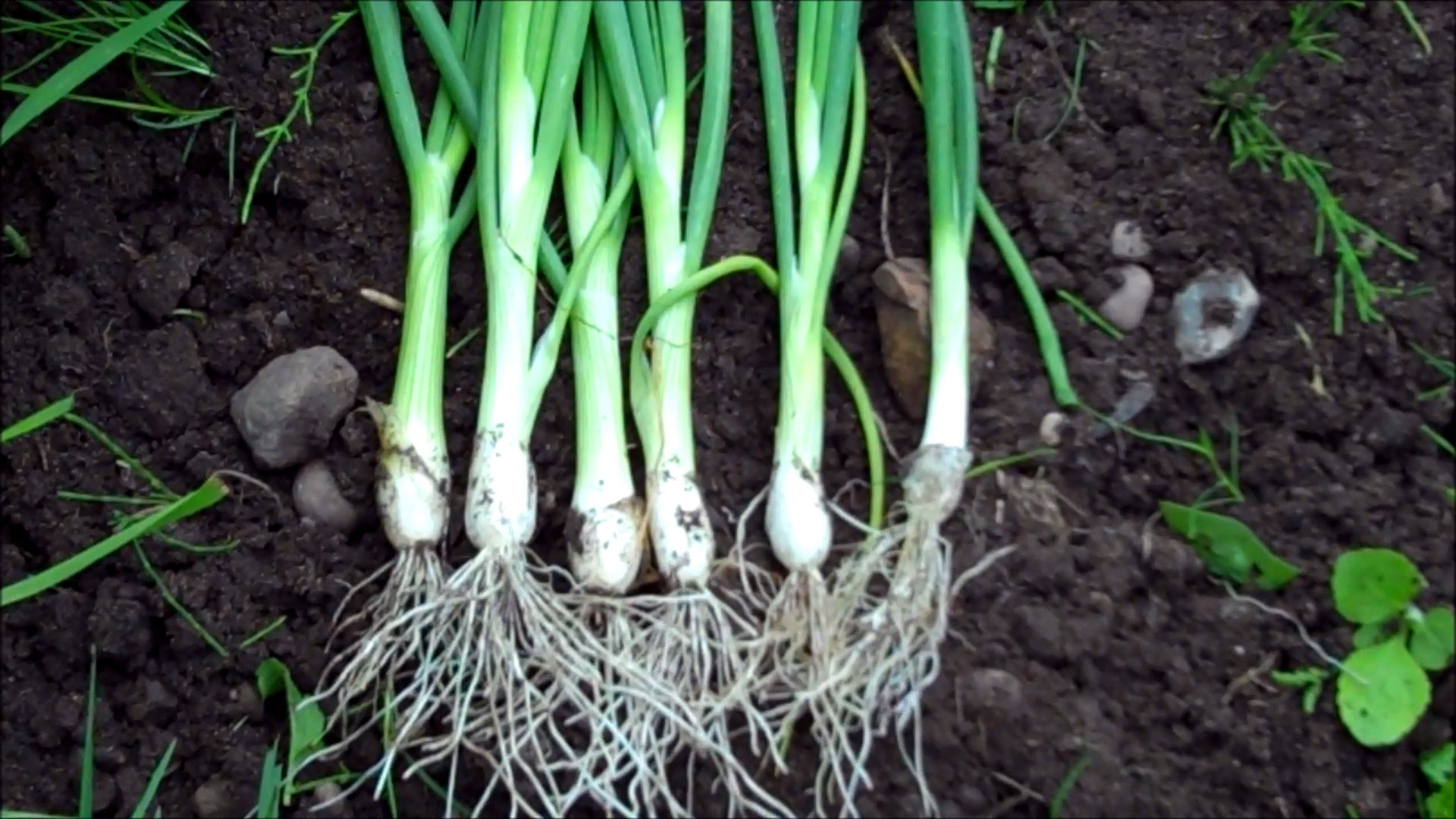
Step 12: Eat!
Spring Onions may be used in salads. They are also used in Asian stir-fry dishes. They can be used to flavor soup, noodle dishes and in salsa.
Enjoy!
